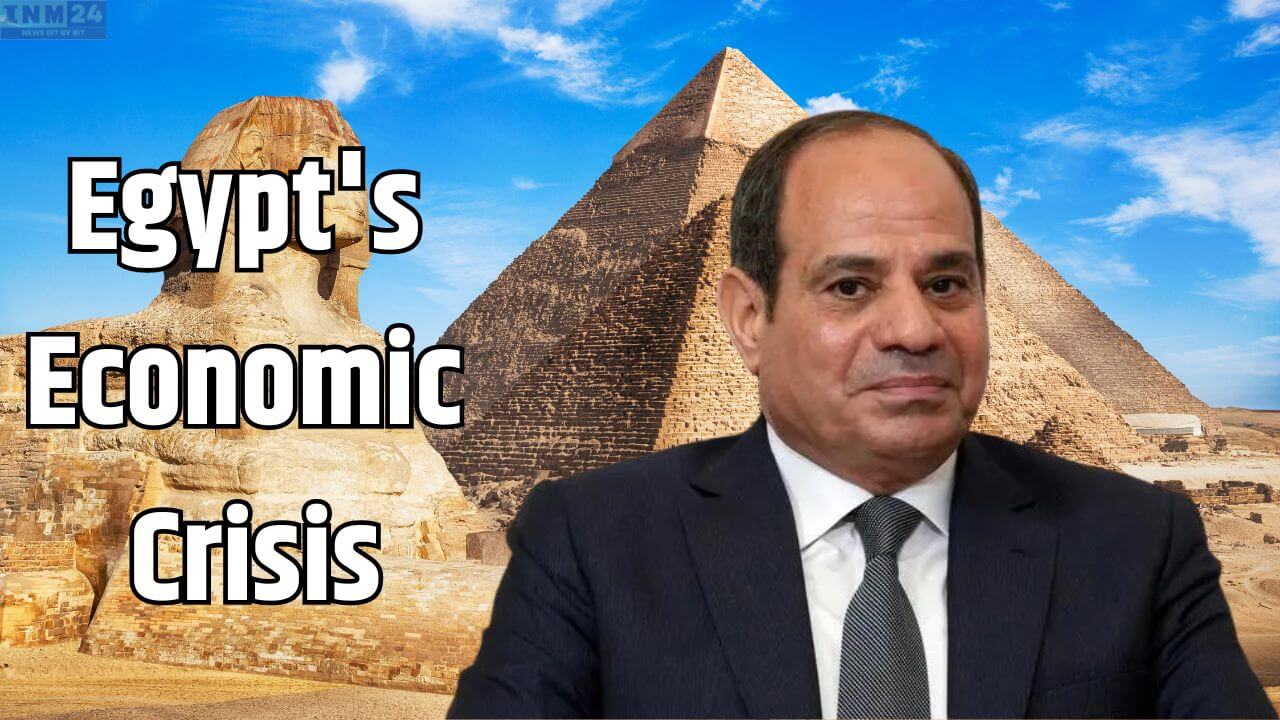Egypt is currently grappling with a severe economic crisis, prompting the country to make concerted efforts to find a way out. On Wednesday, Egypt expressed agreement on an expanded assistance program with the International Monetary Fund (IMF), amounting to 8 billion dollars. This move is anticipated to lead to a significant devaluation of the country’s currency. Let’s delve into the reasons behind Egypt’s economic woes.
Key Highlights
- Egypt has agreed to a new deal with the IMF.
- The deal is expected to result in a devaluation of Egypt’s currency.
- Egypt’s economic challenges are attributed to various factors.
Selling Cities in Economic Distress
Facing a prolonged shortage of foreign currency, Egypt has been struggling for an extended period. The recently announced deal with the IMF, coupled with another agreement with the UAE for 35 billion dollars, has sparked discussions about Egypt selling one of its cities. While this move aims to alleviate economic challenges, it also raises questions about the long-term consequences of such decisions.
Root Causes of Egypt’s Economic Crisis
- Historical Economic Mismanagement: Egypt’s economic challenges have deep roots, dating back decades. Poor planning and heavy bureaucracy have contributed to failed industrial development and export policies, resulting in consistent trade deficits.
- Weak Currency: The high value of Egypt’s currency, coupled with weak property rights and restrictions on investments, has hindered economic growth and competitiveness.
- Government Policies: Policies under President Abdel Fattah al-Sisi’s leadership, particularly the heavy borrowing, have pushed Egypt into substantial debt. The country is struggling to secure foreign loans.
Impact of Wars and Pandemic
- War in Gaza: The conflict in the Gaza Strip, affecting the tourism sector along Egypt’s northeastern border, has taken a toll on the economy.
- Suez Canal Blockage: The economic repercussions of the Suez Canal blockage have impacted earnings from the vital waterway.
- Impact of COVID-19: The pandemic has further strained Egypt’s economy, leading to a decline in tourism income and remittances from Egyptians working abroad.
Bleak Economic Indicators
- Dollar Shortage: In the past two years, Egypt has experienced a significant shortage of dollars, impacting imports and causing backlogs at ports.
- Rising Prices: The scarcity of dollars has contributed to a surge in the prices of goods and services, affecting the standard of living for many Egyptians.
- Economic Slowdown: Economic development has slowed, and many Egyptians report a decline in their quality of life.
The Way Forward
Addressing Egypt’s economic crisis requires a comprehensive strategy. While international aid is sought, the government must focus on implementing sound economic policies, encouraging foreign investment, and ensuring fiscal responsibility. The sale of cities and heavy reliance on loans may offer temporary relief but raise concerns about the sustainability of such measures.
Egypt faces a challenging path to economic recovery. The decisions made in the coming months will play a crucial role in determining the nation’s financial future. As the world watches, Egypt must navigate these challenges wisely to secure a stable and prosperous economic landscape.
Note:The information provided here is based on the latest available data and may be subject to change. Analysts recommend monitoring official statements for updates on Egypt’s economic situation.
